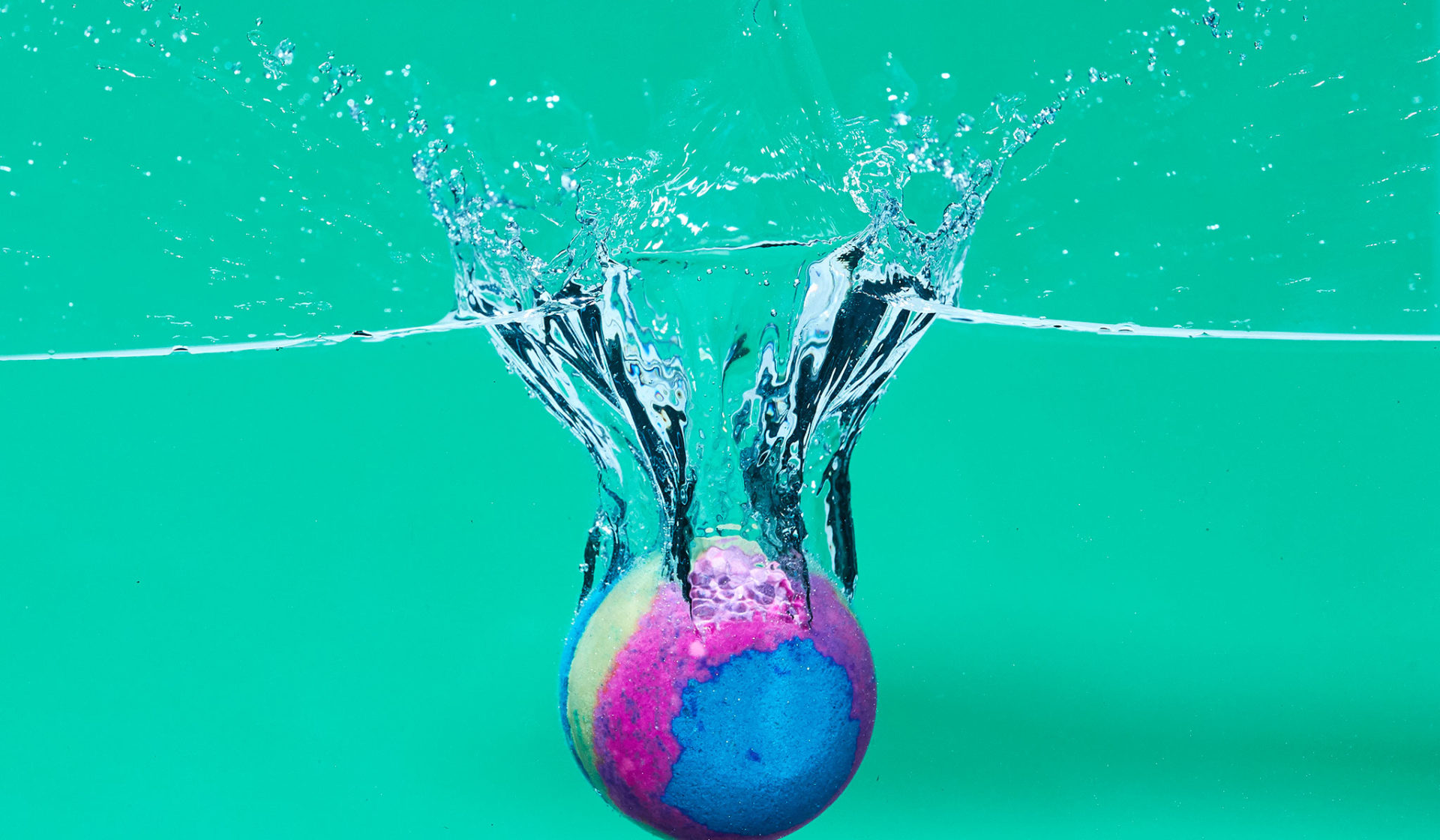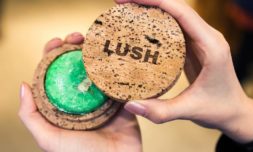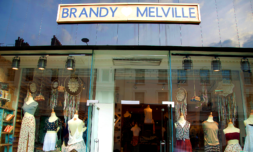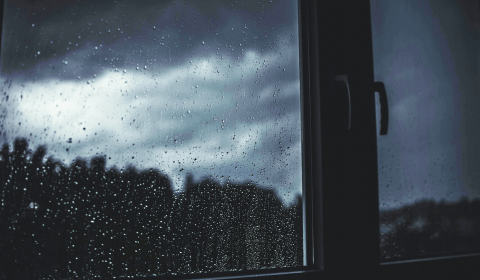In order to reduce their plastic footprint, some personal-care brands are trying to reconsider the nature of their products, packaging, and the supply. chain itself.
It’s no secret that the booming $500bn per annum personal-care industry relies heavily on plastic. So much so in fact, that there’s now seven times more plastic than young fish in the ocean. With researchers predicting a whopping eight million tons of plastic waste to be ending up in our oceans annually, it’s a trend that – if ignored – could eventually lead to more plastic than fish by 2050 (United Nations).
But it’s not being ignored. At least not by consumers who, encouraged by the ‘Attenborough Affect’ have reduced their single-use plastic consumption by more than half, considering sustainably packaged products a key factor when shopping (GlobalWebIndex).

And fortunately, brands are also taking note, making a conscious effort to confront the ugly side of our obsession with beauty by reconsidering the nature of their products, packaging, and the supply chain itself. But alongside the industry-wide ban on microbeads, voluntary moves from stores to phase out plastic from cotton buds, and the growing eco-awareness of young shoppers, it’s still not enough to slow down the rapid pace at which beauty is impacting the environment.

To make a real difference, brands must replace already established habits with updated, sustainable alternatives and use the resources we already have, acknowledging that a product’s usability does not depend entirely on toxic materials. With this mindset, they are also much more likely to appeal to modern-day consumers, 50% of which prefer products that have been sustainably produced. So, without further ado, here are a few beauty brands that have gone the extra mile, committed to eliminating the throwaway culture we’ve become so used to. Maybe strive to buy from them the next time you’re stocking up – I know I sure want to.
https://www.instagram.com/p/CBL2I9tgMKU/
The Body Shop
Unable to justify the level of waste and environmental impact associated with face wipes any longer, The Body Shop has announced that it will stop selling them as of October later this year. Additionally, the company wants to use its products to actually clean up the planet, collecting and reusing old materials that may have otherwise polluted lakes, rivers, and oceans. It even went as far as purchasing a colossal 250 tonnes of plastic (12.5 million recycled bottles to put it into perspective) from Indian waste pickers and customers currently have the option to return empty containers to stores as part of The Body Shop’s Return, Repeat, Recycle programme.



















